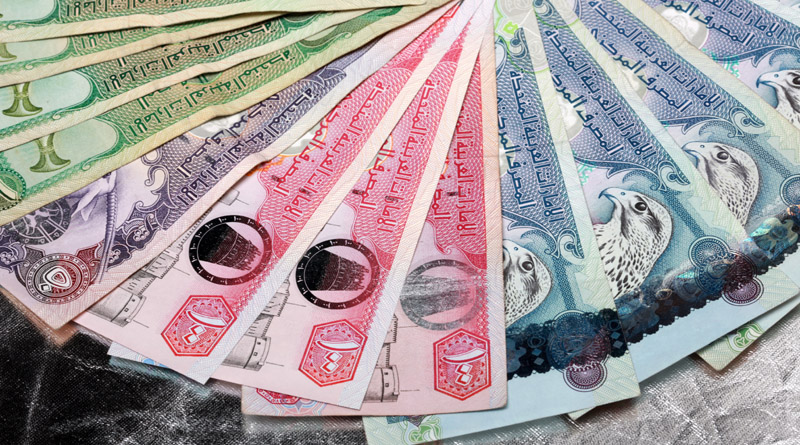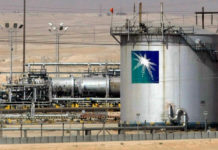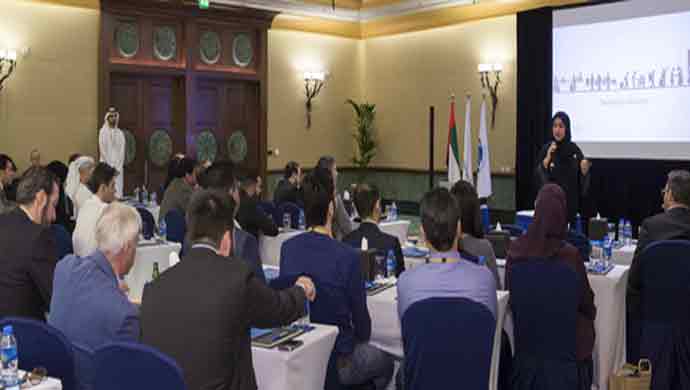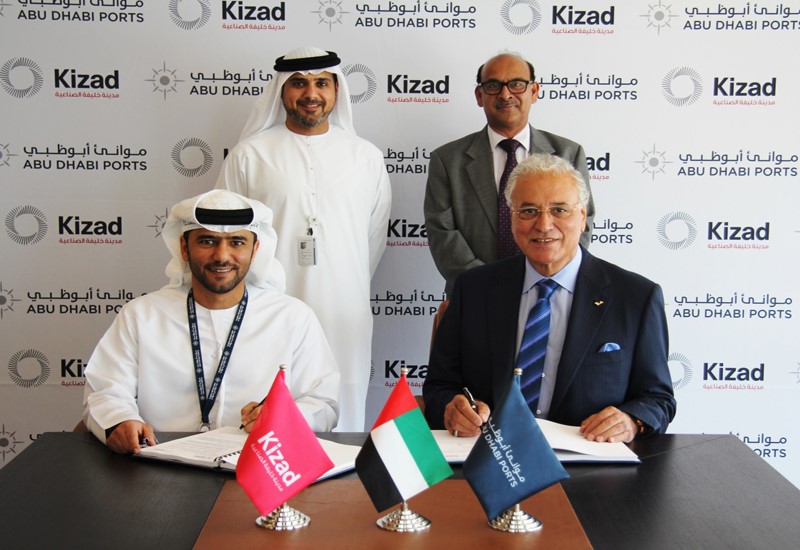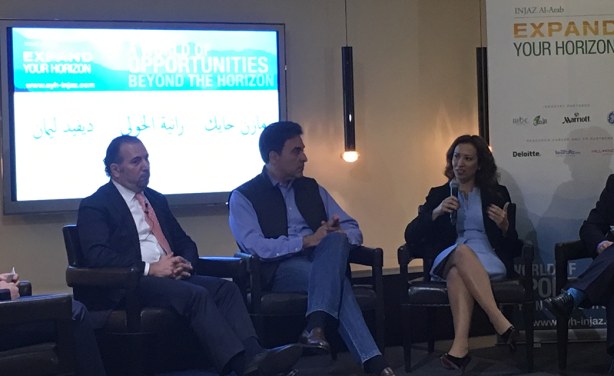The Central Bank of UAE asked all banking institutions within the country to report any suspicious transactions or circumstances they come across to its Anti-money Laundering and Suspicious Cases Unit (AMLSCU). After inaugurating a workshop for insurance organisations and brokers on Monday, AMLSCU executive director Abdulrahim Mohammed Al Awadi said it was the duty of all entities to report such transactions and circumstances to help the country keep its economic climate sound.
“The Anti-money Laundering Law (AML) has obligated the reporting of any suspicious transactions to banks, other financial, commercial and economic entities that consist of insurance firms and brokers,” Awadi said. About the progress of the implementation of the AML/CFT regulations in the country, he explained that significant achievements have been made with the establishment of AMLSCU at the central bank. According to Awadi, there was a boost of over 131 per cent in the suspicious transaction reporting (STR) from 2008 to this past year.
“Total statistics show there had been 1,170 STRs in 2008; 1,750 in 2009 and 2,711 this past year. That shows the effectiveness of our aims and implementation of the regime.”
Al Awadi said it was the responsibility of all, together with the regulators, to ensure that the UAE financial system remain clean and protected from being abused by criminals, money launderers, and terrorist financing. “The suspicious transactions reports submitted by all of the reporting entities are therefore of utmost importance in our endeavours to combat cash laundering and financing terrorism,” he explained.
He said the country’s financial system was safe, sound and secure, and all entities are required to actively participate in the regulators’ efforts to maintain the high standards in complying with the numerous laws, regulations and procedures to further strengthen the integrity of the system. “The Federal and Local Governments, Central Bank and the National Anti-Money Laundering Committee (NAMLC) over the years have codified and implemented various laws, regulations and procedures within the fight against money laundering and terrorist financing,” he explained.
NAMLC has effectively completed its mandate to propose anti-money laundering and combating financing of terrorism regulations and procedures, facilitating exchange of information and coordination among various authorities and banking institutions represented in the committee as well as representing the UAE in regional and international forums.


